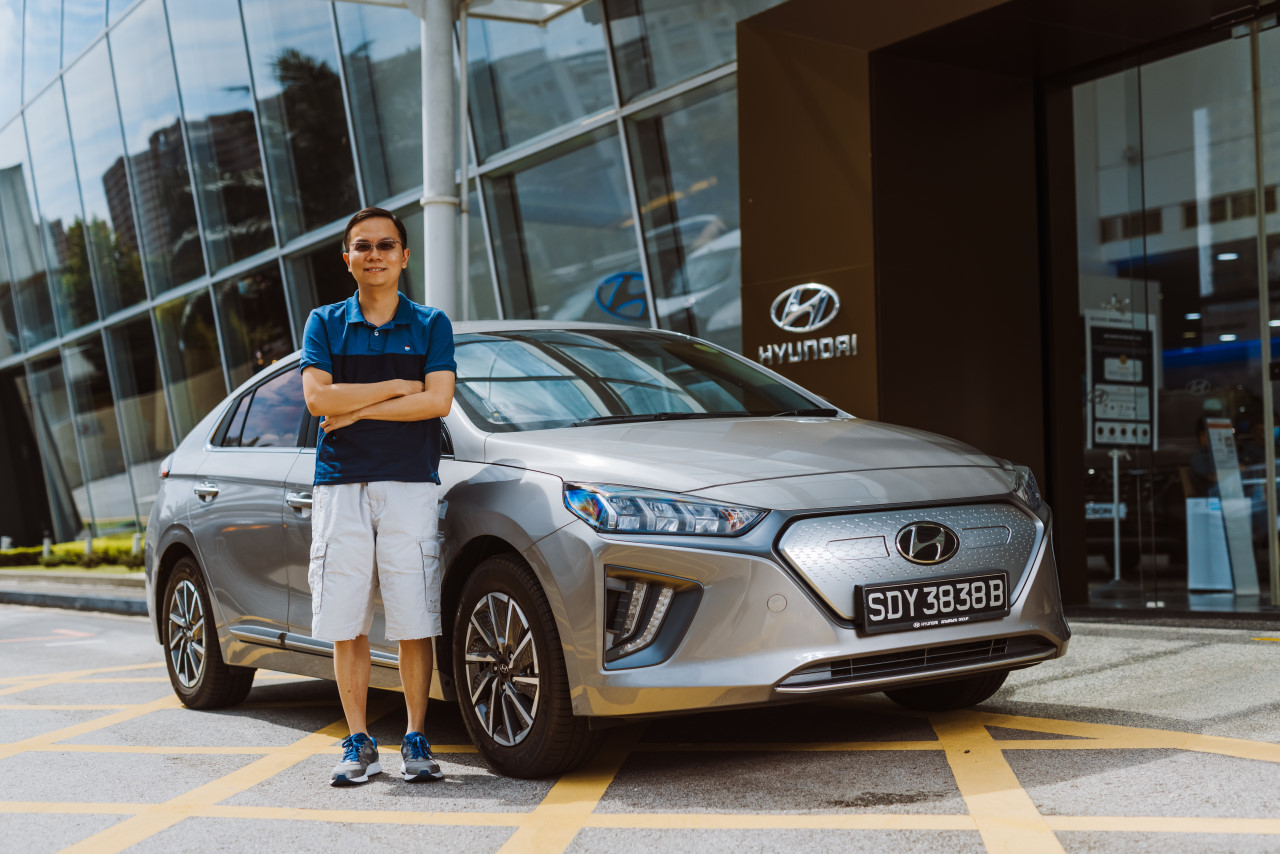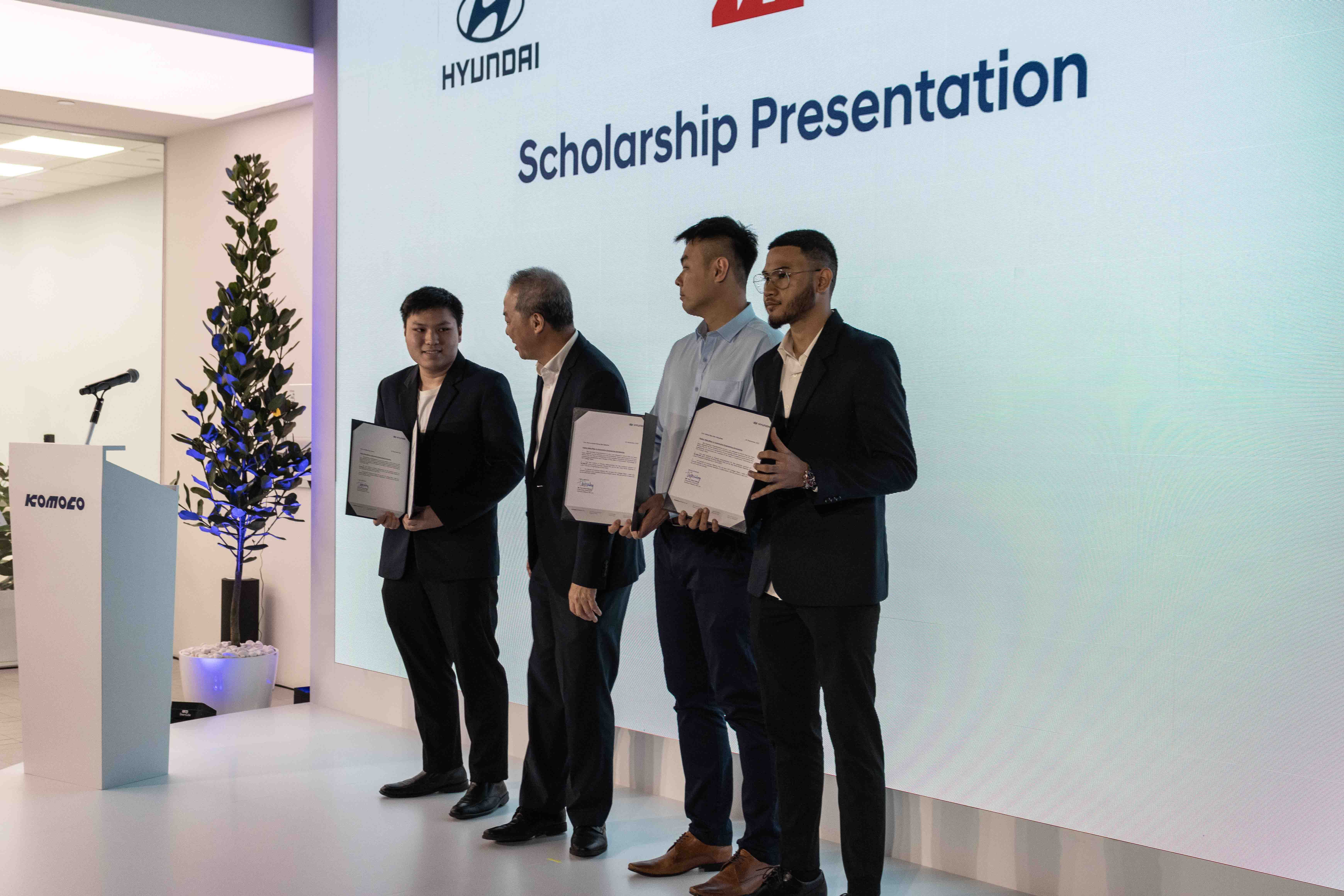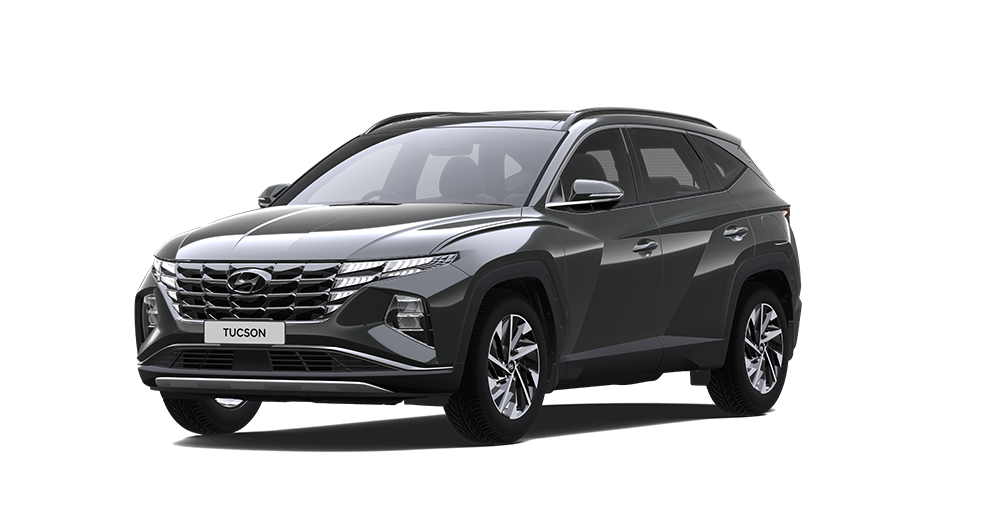As part of Singapore Green Plan 2030 to get the nation together in a transition towards a more sustainable future, all new cars registered from 2030 and public transport will have to be “cleaner-energy” models. We showcase customers we met who are already “walking the green talk”.
Mr Kelvin Koh’s testaments to Electric Vehicle (EV) ownership is precious – “it makes a lot of sense to drive an EV in Singapore, especially so since I don’t drive to Malaysia at all. I find travelling distances in Singapore are short, roads are usually congested, which means you have to drive at low speed and often have to apply the brakes. An ICE car is just terribly inefficient in these circumstances. With an EV like IONIQ Electric, a range of up to 311km is more than enough to last me a few days and every time I brake, there is regeneration in energy fed back to the battery”. He added, “Based on today’s petrol prices and my electricity tariff, the running cost for an EV is less than a quarter of even a hybrid car. Furthermore, EVs are cheaper to maintain, with no engine and related components. With the enhanced subsidies (EEAI and VES) kicking in this year, an EV is no longer prohibitively expensive.”
What do you like about your IONIQ Electric?
I appreciate the Wireless Android Auto – it automatically connects my phone to the car and I can make use of application like Google Maps. The IONIQ Electric has high vehicle efficiency, on average I can get 9km/kWh which is much more compared to the 6km/kWh my previous car, a plug-in hybrid, managed. It is also spacious for its size; I was surprised that a full-size harp could fit into the car.
What is most memorable when you first collected your IONIQ Electric?
Switching over from a plug-in hybrid vehicle, I do find that the EV has traits similar to a plug-in hybrid, for example, being quiet to drive and has immediate response in acceleration. Something that I remember the most was how slowly the battery level of the IONIQ Electric depleted, and how seldom I have to charge my EV.
People say charging an EV is inconvenient. How do you reply to this?
The common misconception is that you will need to charge every day and you will be in trouble if you can’t find a charging point each night. This is unfounded. As an actual user, I only need to charge my IONIQ Electric every 3-4 days, or sometimes even lesser. Despite owning an EV, I only charge my IONIQ Electric at work as I don’t have access to charging at home. And charging at work is more than sufficient for me. After a full 9-hours work day, I can get about 80% of charge, which means I only need to charge every 3-4 days or less. Currently, I am still hesitant to rely fully on the public charging network but if you have access to a dedicated charger whether at home or at work, there is no reason not to switch to an EV.
What would you say to someone considering buying this car?
If vehicle efficiency is the priority, look no further and get the IONIQ EV. It is one of the most efficient EVs in the market now. On average I can get about 9km/kWh, this means I spend lesser time charging.






